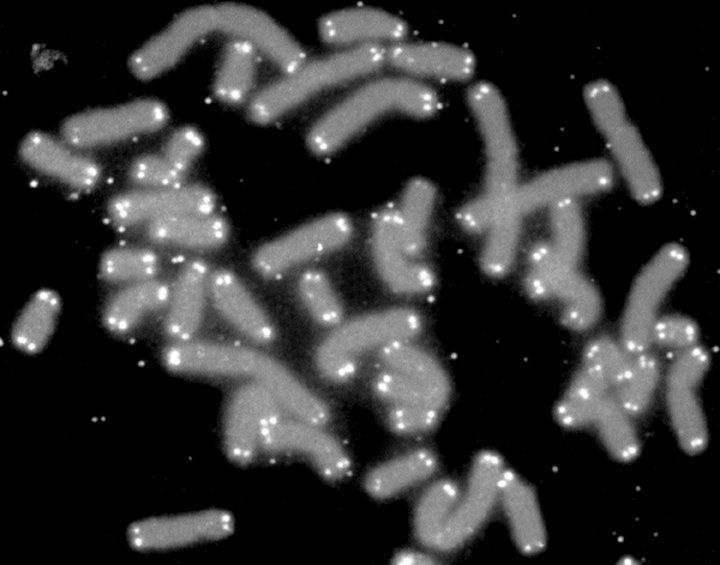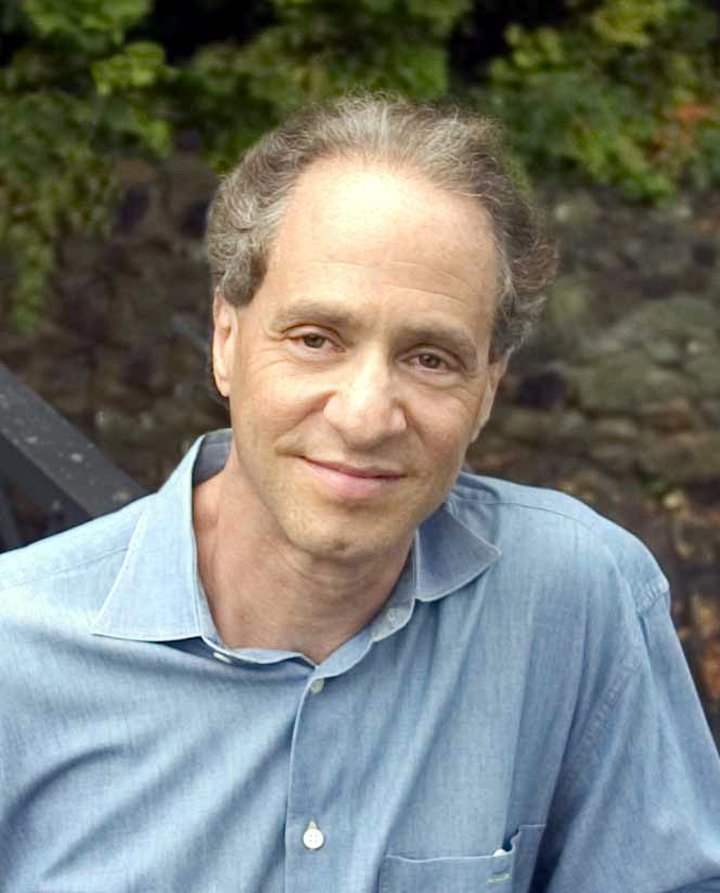It’s a no-brainer, right? Poor health causes unhappiness, and poor health causes early death, so unhappiness is correlated with mortality, QED. Except, maybe you’re unhappy because you’re sick — that is, first comes the illness, then the unhappiness. In which case, the heading should be, Long Life = Happiness.
In an attempt to unravel this conundrum, researchers looked to the UK “Million Women Study” of women recruited between 1996 and 2001 and subsequently followed electronically. Their conclusion: “In middle-aged women, poor health can cause unhappiness. After allowing for this association and adjusting for potential confounders, happiness and related measures of wellbeing do not appear to have any direct effect on mortality.”
Hence the question mark in my title.
I wonder, though, whether we get too hung up on the actual numbers. We’re living longer than anytime previously in history. In the developed world, thanks to vaccines, sanitation and evidence-based medical care, men live to 75, women to 80 on average. According to the Smithsonian, the number of Americans over 100 jumped from 50,000 in 2000 to 72,000 in 2014. The world record is held by Mme. Jeanne Calment (1875-1997) who lived to 122.
(It’s hard to see how that could be much improved upon, given that aging isn’t a disease but “a side effect of the many different genetically determined processes that keep us functioning,” quoting Harriet Hall MD. For instance, every second, some four million cells in each of our bodies clone themselves by copying their DNA into two daughter cells. It’s an imperfect process and occasionally a mutation occurs. Plus some telomeres, the repeated nucleotide sequences at the end of DNA molecules, are lost during the replication process. Plus mitochondria — our cellular power stations — produce damaging free radicals as by-products.)

Human chromosomes (grey) capped by telomeres (white) (NASA/public domain)
But what’s the point of living to a ripe old age if you spend your last couple of decades lying in a hospital bed, kept alive by IVs, bored out of your gourd? Isn’t there a more useful measure of life beyond mere quantity? “Yeah, he died at 105, but he was the most miserable man I knew!” Or the quip about the doctor telling this old coot that he had another 20 years of life if he gave up smoking, drinking, gambling and sex. “You call that life?” he asks.
I’m reminded of Ray Kurzweil, the genius inventor to whom the word “futurist” is usually attached. He’s convinced that the Singularity — when science will have conquered disease and death —is just around the corner. In his book Fantastic Voyage: Live Long Enough to Live Forever (co-authored by Terry Grossman MD), he says that all he has to do is to live to 120 and then he’ll be immortal. To get to 120 (he’s now 70), he drinks massive quantities of green tea and red wine, downs 250 supplement pills daily, eats a restrictive diet and spends a day a week in a clinic getting IV infusions of vitamins. (You call that life?)

Ray Kurzweil in 2005. My favorite quote (of many): asked about God, he replied, “Does God exist? I would say, ‘Not yet.’” (Michael Lutch/Creative Commons)
So there should be another metric that somehow combines the number of years with quality of life (happiness / satisfaction / appreciation / creativity…). Call it quears. Which would you rather, to die at 100 years or at 50 quears?
I’ll take this up again next week with the Dalai Lama’s (age: 82, disposition: happy) prescription for long and happy life.
###
Barry Evans gave the best years of his life to civil engineering, and what thanks did he get? In his dotage, he travels, kayaks, meditates and writes for the Journal and the Humboldt Historian. He sucks at 8 Ball. Buy his Field Notes anthologies at any local bookstore. Please.
CLICK TO MANAGE